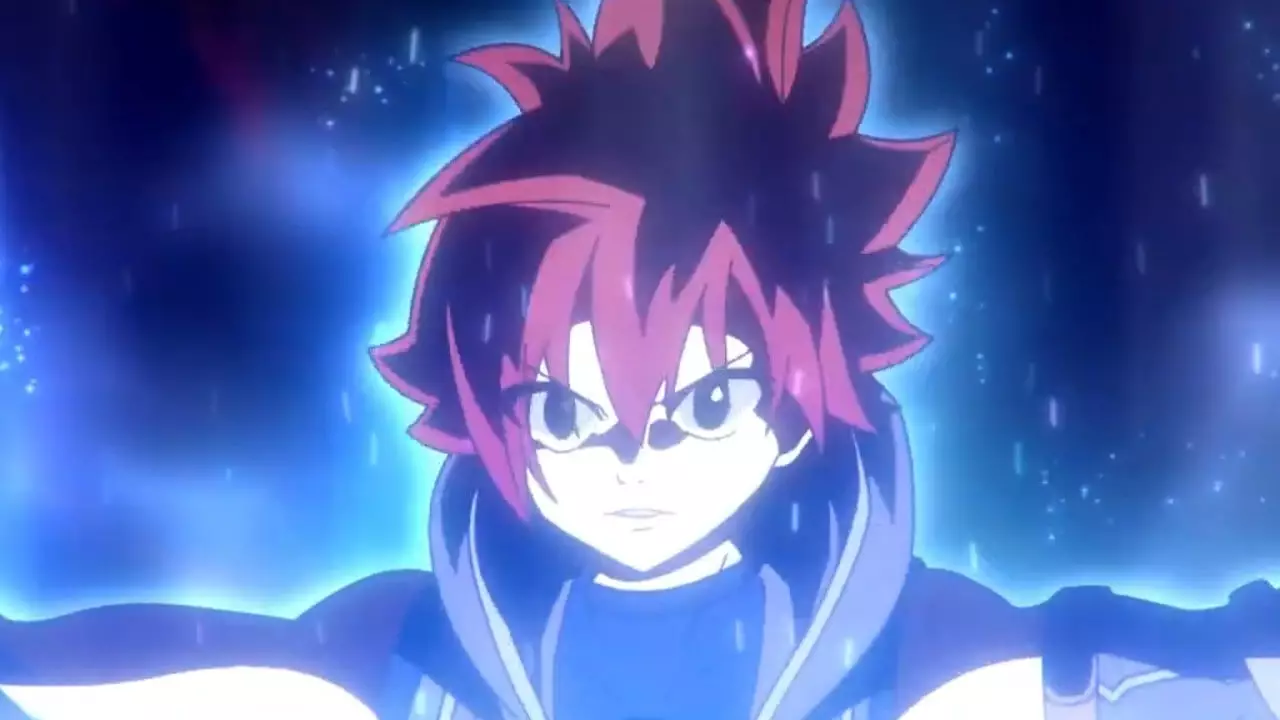The unveiling of Farmagia at the June 2024 Nintendo Direct brought a refreshing twist to the action role-playing game (RPG) genre, combining elements of farm simulation with monster-catching mechanics. As players are whisked away into a captivating world created by Hiro Mashima, of Fairy Tail and Edens Zero fame, they’ll encounter the vibrant story of Ten and his companions, who navigate a magical realm while grappling with the challenges of a looming war. This game offers an innovative premise that draws on the foundations of established franchises like Rune Factory and Story of Seasons, yet it audaciously transforms the farming concept into something far more fantastical. Instead of planting seeds to grow crops, players cultivate and raise magical creatures for dungeons and teamwork.
Farmagia’s gameplay is inherently divided into two primary styles: dialogue-heavy 2D sections and immersive 3D environments. While the 2D stylings provide a nostalgic nod to traditional RPGs—complete with charming character interactions and visits to pivotal locations—the 3D aspects engage players during farming and dungeon exploration. However, this relationship between farming and action feels somewhat disjointed. Players face a frustrating limitation—their Stamina, essential for farming activities, depletes rapidly, necessitating the completion of dungeon mazes to recover their energy. This design choice disrupts the flow, forcing players to dedicate a minimum amount of time to combat before returning to the farm, which diminishes the immersion in both activities.
Moreover, the farming mechanics regrettably lack dynamism, as the agricultural setting feels largely lifeless, detached from the vibrancy of the broader game world. The limited interactivity makes it challenging for players to fully engage in cultivating their monster crops, leading to a sense of monotony.
Where Farmagia shines, however, is in its storytelling and character dynamics. The narrative unfolds across twelve chapters, each centered around individual members of Ten’s group, as they balance personal challenges against a backdrop of escalating conflict. While the predictability of the plot may undermine the tension, it is the rich character arcs and friendships that breathe life into the experience. The game’s charm lies in how it navigates familiar tropes—battles against divine foes, magical spells, and heartfelt moments that resonate deeply with fans of the genre.
The humorous tone is effectively maintained throughout, lightening the weight of the narrative with a well-timed joke. This balance between drama and levity highlights the creators’ understanding of what fans love most about anime and fantasy adventures, ultimately rendering the experience enjoyable.
The visual appeal of Farmagia is undeniable. Whether playing in handheld or docked mode, the game boasts an impressive aesthetic. The vibrant colors and dynamic character designs resonate with the rich lore while evoking a classic anime style. Each character, designed meticulously to embody various archetypes, is distinct, capturing the essence of Mashima’s artistic flair. However, the creature designs draw criticism for their lack of variety; many monsters fall prey to simple palette swaps and minor visual adjustments that fail to reflect their increasing strength, leading to repetitiveness.
The environments themselves contribute to the game’s immersive quality, but the dungeon designs feel uninspired, repeating similar layouts that lessen the excitement of exploration. Players may encounter frustration amid predictable dungeon encounters and combat mechanics that, while fluid, lack depth.
In terms of combat, Farmagia makes a conscious effort to simplify play mechanics. Monsters serve as extended skills in a limited roster, and though this restricts the versatility of battles, the familiar cycle of parrying and utilizing skills creates a seamless fighting experience. Although some seasoned action RPG veterans might find the combat too simplistic, the game still manages to deliver rewarding moments, especially amidst vibrant battles against formidable foes.
The opportunity to engage dozens of monsters in combat is certainly a visual treat, providing players with a spectacle that runs smoothly across the board, regardless of the chosen mode.
Farmagia’s innovative fusion of farming simulation and action RPG elements creates a distinct experience that captures the imagination. While it excels at delivering vibrant visuals, engaging storytelling, and an endearing cast, the limitations in gameplay mechanics—particularly in farming and combat—may deter some players. Nevertheless, for fans of fantasy RPGs and newcomers seeking engaging narratives with an anime flair, Farmagia presents a captivating adventure that ultimately succeeds in delivering a heartwarming journey garnished with magical friendships. Although it may stumble in farming mechanics, the overall experience may very well resonate with those yearning for an enchanting quest growing alongside captivating companionship.

